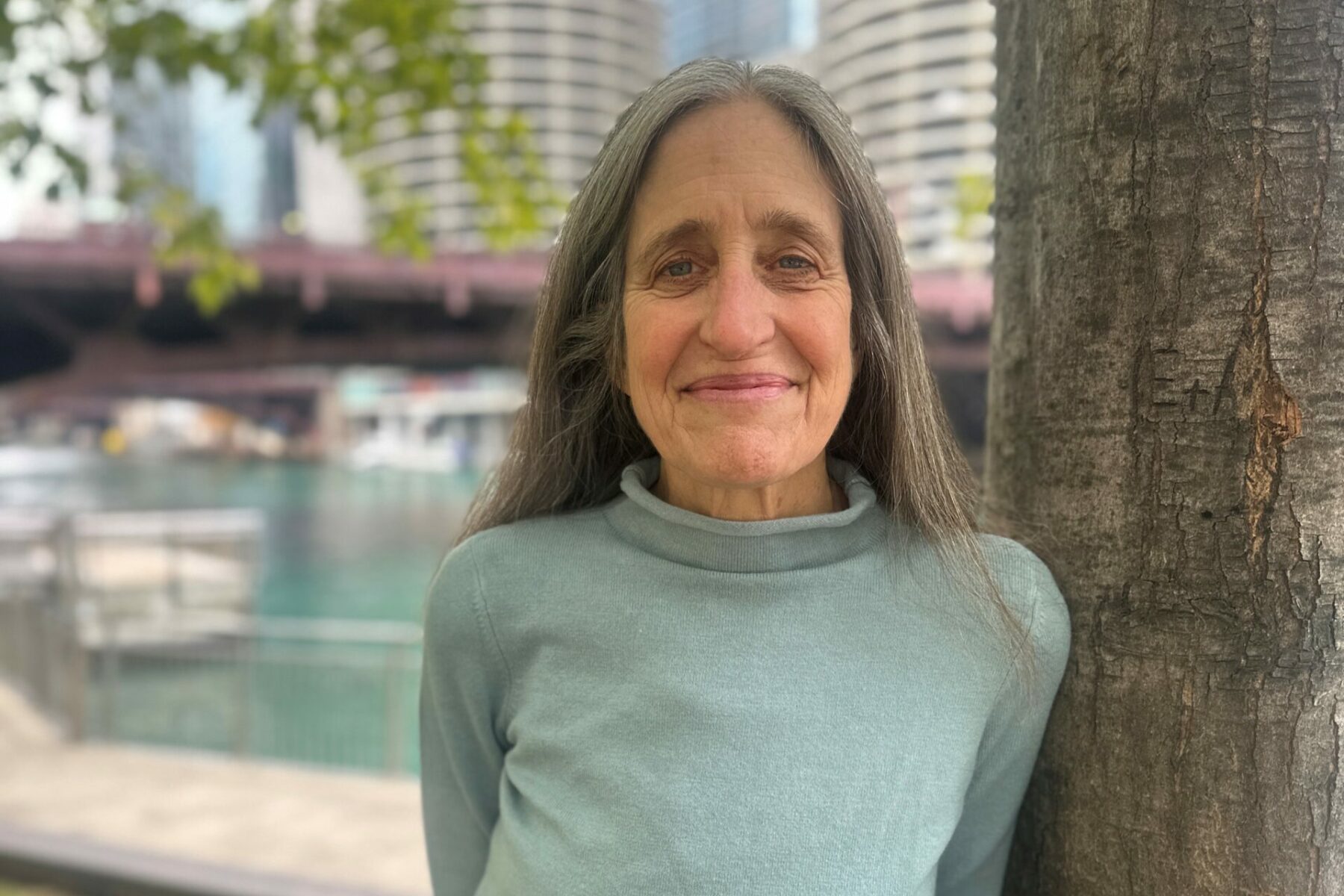March 02, 2021
Air Pollution, Diesel Emissions and Public Health: Southside Summit on Transportation
by Nikki Hayes, Communications Intern
Last week, ELPC joined the Respiratory Health Association, Transportation Equity Network, Natural Resources Defense Council, UIC School of Public Health, and Little Village Environmental Justice Organization (LVEJO) at the Southside Summit on Transportation to discuss public health threats and solutions related to diesel transportation pollution in the Chicago area. ELPC Senior Policy Advocate Susan Mudd covered a wide range of diesel transportation issues that exacerbated air pollution in communities already hard-hit, including idling.
Most people would be surprised to learn there are significant dirty diesel emissions that come from all sorts of heavy-duty vehicles and trains idling in the Chicago area. Chicago has an idling ordinance of three minutes per hour, but there is no way for residents to report the idling to city officials effectively. Mudd discussed the opportunity to implement a change in the off-peak delivery time for trucks so they wouldn’t have to idle as much during the busiest hours of the day. With success in off-peak delivery in New York City, London, and Paris, Chicago could be the next city to test the strategy. Off-peak delivery creates fewer idling opportunities for diesel trucks, less time spent in traffic, reduced pollution, and more efficient distribution. Deliveries made at off-peak hours would benefit the drivers, fleets, shippers and Chicago residents living in neighborhoods with heavy diesel truck traffic.
Mudd reminded us that pollution prevention starts at the source. In addition to enforcing stricter idling restrictions and possible off-peak delivery, Mudd suggested focusing our attention to the future of transportation in Chicago. Advancing electrification of heavy-duty vehicles and trains such as the CTA, delivery trucks, freight trains, and school buses can significantly reduce diesel pollution and the related public health hazards to people living in those communities.
Watch the full panel discussion below


